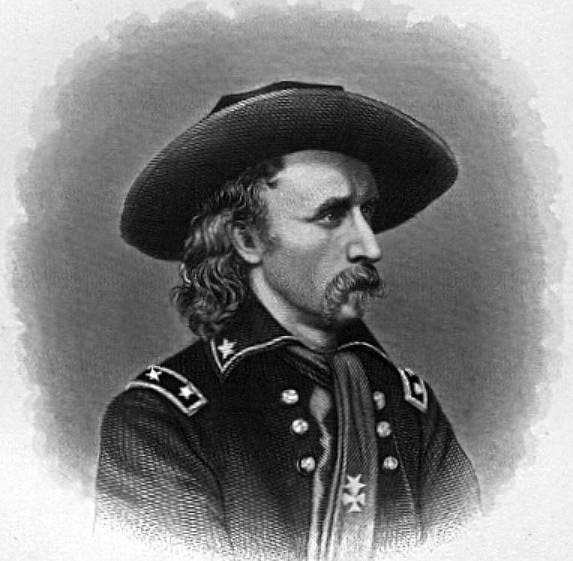Another alternative-history novel shows us how
Native defeat wasn't inevitable:
Charles Trimble: After Custer, still fighting battlesI recall a book that came out in paperback in the 1960s called “The Indians Won,” by Martin Cruz Smith, who went on to write several best sellers. He tells of Indian Country nationwide being greatly inspired by the Custer battle, and starts on the premise that the Lakota and Cheyenne had not broken up into traditional hunting bands that winter. Financed by a group of European investors, who were resentful of rising U.S. influence, the united tribal front was supplied with weapons, canned foods, and blankets. Secure in their unity, they stayed together to meet and defeat avenging waves of U.S. troops.
With the world’s attention on them, the Sioux/Cheyenne/Arapaho forces appealed to tribes throughout the country, which brought together a massive united front, forcing the U.S. to sue for peace--on the Indians’ terms. This leads to the founding of an Indian nation on the Great Plains, the entire center of the U.S. from Mexico to Canada. The United Indian nation had urban industrial and economic centers, but maintained the rest of their country free of development for their traditional lifeways. Ultimately they developed “the Bomb,” and used it effectively as a deterrent.Plus, a limerick:
A Colonel by the name of George Custer,
With all the troops he could muster,
Rode down on the Sioux
And got himself slew;
Said Crazy Horse, “Serves you right, Buster!”Comment: Again and again we see how Indians could've achieved some semblance of independence. The key requirement was strength in numbers--i.e., unity.
For more on the subject, see
The Best Indian Books.



1 comment:
Science fiction writers have the Bomb! Or Genesis! Or the Death Star! Come to think of it, is it just me or does science fiction have an obsession with WMD?
Post a Comment